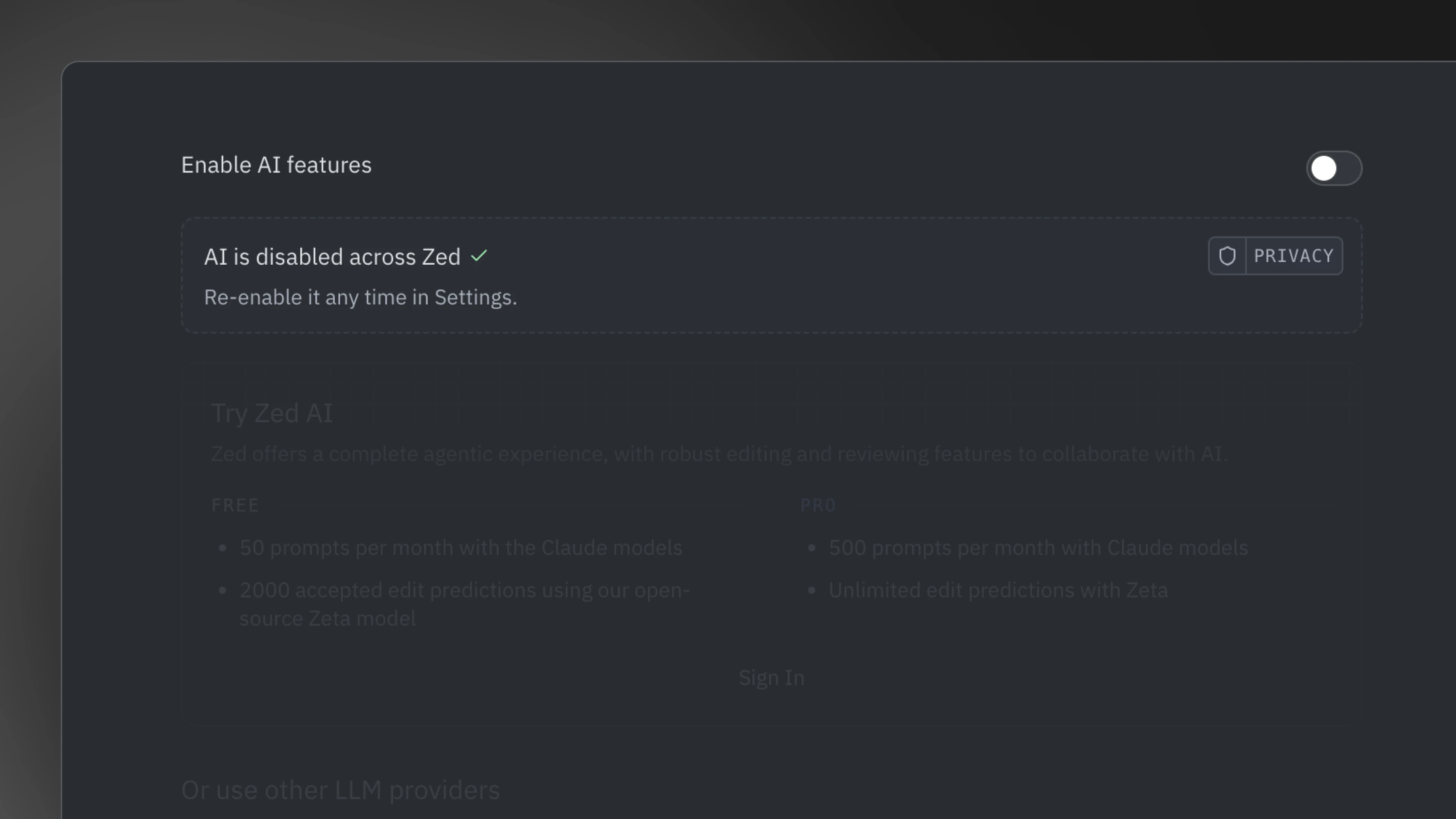Lovable hits $100M ARR in 8 months

PLUS: Cerebras's new open model, Zed's AI kill switch, and AI notes for Apple Watch
It's a new day AI Rockstars!
AI-native startup Lovable has reached $100 million in annual recurring revenue in just eight months. This record-setting pace establishes a new benchmark for lean AI companies.
The achievement highlights how small, focused teams can scale products at a previously unimaginable rate. But does this signal a fundamental shift, proving hyper-efficiency is the new blueprint for building in AI?
In today’s Lean AI Native recap:
- Lovable's sprint to $100M ARR in eight months
- Cerebras’s powerful, low-cost open model for developers
- Zed’s introduction of an AI “kill switch” for its code editor
- Genspark’s launch of AI meeting notes for the Apple Watch
The $100M ARR Sprint
The Report: AI-native startup Lovable just announced it crossed $100 million in annual recurring revenue in only eight months. This record-setting pace outstrips the growth of tech giants like OpenAI and sets a new benchmark for lean AI companies.
Broaden your horizons:
- The company's growth trajectory is reportedly faster than any other software company in history, including well-known names like OpenAI and Wiz.
- The achievement is being celebrated as a prime example of successful Lean AI company building, signaling a new model for creating highly efficient startups.
- Alongside its rapid revenue growth, Lovable is expanding its presence by partnering with major ecosystem players like Stripe Atlas for special events.
If you remember one thing: Lovable's sprint to $100M ARR demonstrates that small, AI-native teams can now build and scale products at a pace previously unimaginable. This milestone serves as a powerful new blueprint for entrepreneurs and developers in the AI space.
A New Frontier for Open Models
The Report: Cerebras is making a bold move against closed-source giants by launching Alibaba's powerful Qwen3-235B model. The company is offering frontier-level reasoning at a massive boost in speed and a fraction of the cost of competitors.
Broaden your horizons:
- The model delivers reasoning at 1,500 tokens per second—reducing response times from minutes to under a second—at less than one-tenth the cost of comparable closed-source alternatives.
- Its massive 131K context window enables the model to process tens of thousands of lines of code, targeting production-grade software development workflows.
- To showcase its power, Cerebras is partnering with Cline, bringing near real-time code generation to over 1.8 million developers directly inside the VS Code editor.
If you remember one thing: Cerebras is directly challenging closed-source AI leaders by making frontier-level model performance both affordable and incredibly fast. This move accelerates the adoption of powerful open models for complex tasks like enterprise-scale code generation.
The AI 'Off-Switch'
The Report: The popular code editor Zed is introducing a new feature that lets developers completely disable all AI functionality. This change caters to coders with privacy concerns, enterprise restrictions, or a preference for a traditional, AI-free workflow.
Broaden your horizons:
- Some developers are opting out due to philosophical objections to AI, while others face strict company policies against using AI tools with proprietary code.
- The feature can be enabled via a single line in a
settings.jsonfile or with a simple toggle during the new user onboarding process. - For those concerned only with privacy, Zed still offers secure alternatives like using your own API keys or running self-hosted local AI models.
If you remember one thing: Zed's decision acknowledges that one-size-fits-all AI integration doesn't work for everyone. This move prioritizes developer choice and could influence other toolmakers to offer similar opt-outs, ensuring users remain in control of their environment.
AI Notes on Your Wrist
The Report: Lean AI startup Genspark is teasing the launch of what it calls the first AI-powered meeting notes application for the Apple Watch. The move signals a growing trend of embedding AI into more personal, ambient devices.
Broaden your horizons:
- Genspark is positioning its app as the world's first of its kind, aiming to carve out a niche in the emerging market for AI tools on wearable technology.
- By launching on the Apple Watch, the tool targets professionals who need to capture insights on the go without disrupting a meeting to use a phone or laptop.
- The announcement highlights a broader shift toward specialized, purpose-built AI applications that integrate directly into users' existing hardware ecosystems.
If you remember one thing: This development pushes AI beyond the desktop, making it an ambient part of a professional's daily toolkit. Expect to see more tools that seamlessly integrate AI into the personal devices you use every day.
The Shortlist
Pew found that Google’s AI Overviews cut clicks to external websites by nearly half, confirming the fears of many publishers and SEO professionals about the impact on web traffic.
Anthropic unveiled a new tool directory that connects Claude to popular apps like Notion, Canva, and Stripe, turning it into a collaborative agent within existing user workflows.
NVIDIA partnered with major brands like Unilever and Nestlé to scale personalized ad content using its Omniverse platform, generating 3D digital twins to slash production time and costs.
Submagic launched the world's first short-form video editing API, enabling developers to build AI agents that can automatically create and deliver content at scale.